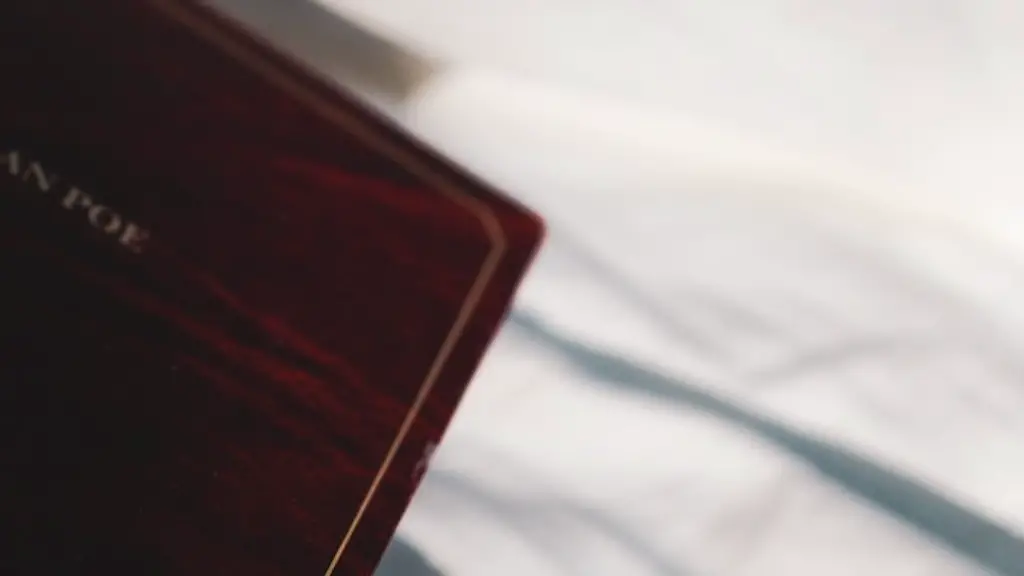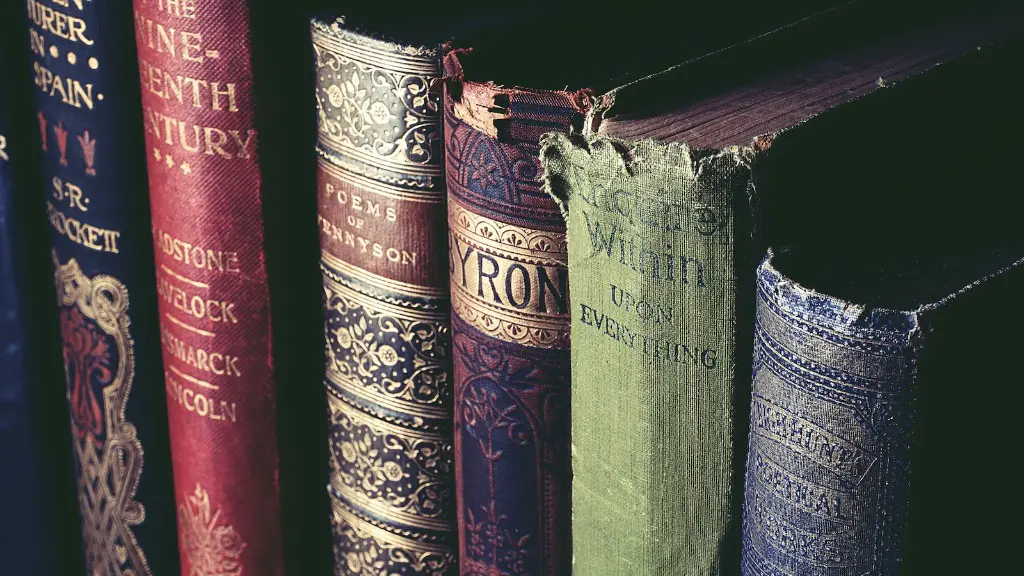The Pinnacle of Expression and Meaning
The craftsmanship of poetry has been around for centuries. It has an almost mythical quality to it and can be likened to a religion steeped in culture, inspiration, and artistry. It’s no wonder that it has held the attention of so many, either as writers, or as readers. Each poem, mastered by those in the know, carries its own unique interpretation, offering the reader a deep vein of meaning and raw emotion.
In the modern world, poetry has become a soft topic, something to enjoy with coffee or tea. But it still has a different slant than prose or articles. Poetry has the power to capture one’s thoughts, give unity to any setting, and turn everyday experiences into something memorable. It’s an art form that flourishes regardless of the economic situation, but still often lacks meaningful recognition. Ahead, we’ll consider if poetry sells, financially or otherwise.
Priceless Value and Lasting Legacy
Money is a tricky subject because it’s often seen in relation to how we measure value. Material or financial profits, in this case, aren’t the main motivators for the poet. There’s a certain kind of healing to express yourself through poetry, and the presence of readers only adds to the poem’s significance.
A classic poem can do more than be a solitary event; it can become a time capsule of sorts, a moment in time frozen for people to re-experience and be moved by. A single poem has the power to inspire and endure for centuries, living on in our hearts far longer than mere money can. As Shakespeare wrote in his Sonnet 116, “Love is not love / Which alters when it alteration finds” and the same could be said of a memorable poem.
Can We Actually Profit?
For some, too long has poem writing been relegated to being a hobby, but creatives of all kinds need to make money too. Making income off of your art, to be exact, is harder than it seems. Typically, poets turn to publishing through either magazines or anthologies, and can receive payment based on the medium.
However, the main thing that could increase an author’s income is to produce a book. Through a publisher or independently, writers can generate money through book sales, offering a powerful platform through which to pass their message and show off their skills. Additionally, live shows and performances, such as slam poetry events, also provide a means to earn money.
Essentially, monetizing poetry is possible but only through acquiring a concrete wall of support to move mountains. Even then, the financial aspects of the modern world are seldom the main attraction but rather a boon to accompany the joy of creation.
What Do Poets Think?
Most poets, regardless of their success, regard their portfolios as priceless works of art. To them, banking off poetry is an extraordinary feat that should acknowledge the poem’s significance, not as a silhouette of value, but as an imprint of its beauty.
The truth is, few poets will ever make it to the preverbal ‘big leagues’ of fame and fortune, but that’s simply how art works. It’s not sold like commodities on the stock market – even books that become bestsellers were once received with criticism and had to work their way to the top.
How Poetry Can Impact Our Wellbeing
Regardless of whether poets make big bucks through their work, there is something to be said about the intrinsic value of expressing emotion through poetry. Taking the time to pen your thoughts and feelings into a creative form helps take the edge off of stress, anxiety, depression, and helps people heal.
Being able to apply the depth of emotion inherent in words can be a powerful form of communication, and can help put a person’s headspace in the right spot. We can learn to think more deeply, and more precisely, if we spend some time with poetry.
On a more global level, poetry and creativeness in general can create unity, can help shape our communities, and fight injustices and inequalities. In some way or another, poetry represents and carries with it the potential to change the world.
How Can We Create More Opportunities For Poets?
The truth is, there can be more opportunities provided to poets. Education is key in this respect, and involves parents, teachers, libraries, and publishers. Educating others about the value of poetry, and how beneficial it can be, can help access tremendous resources for poets.
Surrounding yourself with a supportive community can also be helpful, and having contact with like-minded poets, or even getting constructive feedback from more experienced speakers can be a big help.
Financial awards, grants and competitions are also interesting topics to look into – some organizations, like the Academy of American Poet’s ‘University Awards,’ are a great source of potentially fruitful experiences for aspiring poets. Schools and universities, of course, can also be a source for young poets to get involved.
Newfound Interest In Poetry
In recent history, an unexpected spotlight has been cast upon the craft, with poets now making appearances on talk-shows, festivals and conferences. The youth of today are inspired; they’ve been moved to make their voices heard, both literally and through their works. There has been a general shift in perspective, and modern-day poetry is in many cases, as rousing in content as it is real.
In short, there’s a newfound appreciation for the lost craft, one that had been forgotten by many. Poetry is an opportunity to express our most intricate emotions, to assign words to those elusive feelings, to let the written piece tell it all.
Conclusion
At the end of the day, making money off of your poetry isn’t the main goal to strive for. Poetry can bring true value to life and serve as an amazing platform to share one’s thoughts with others. Poetry can bring a sense of peace and can even lead to real changes in society. So, although it’s a slow process, the power of poetry should not be underestimated.




